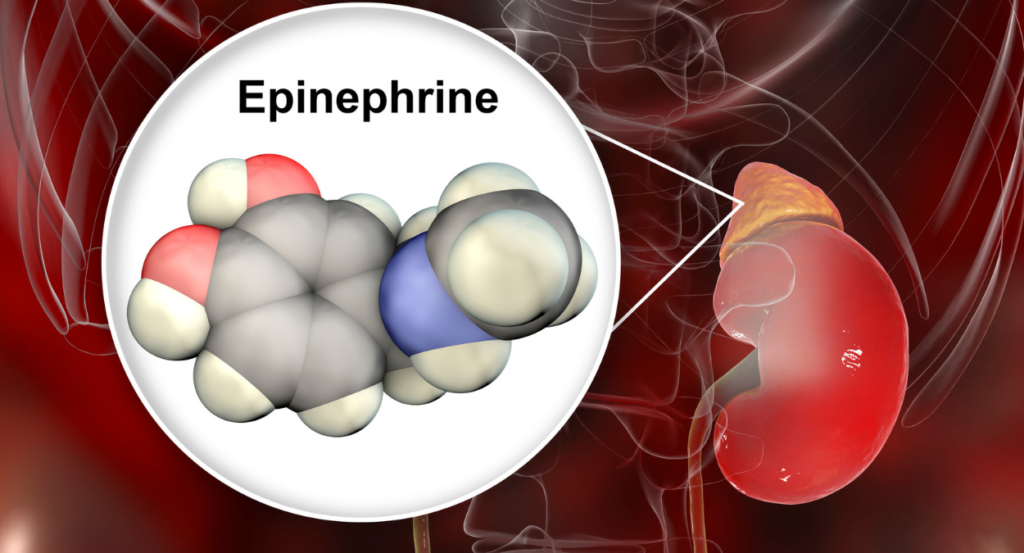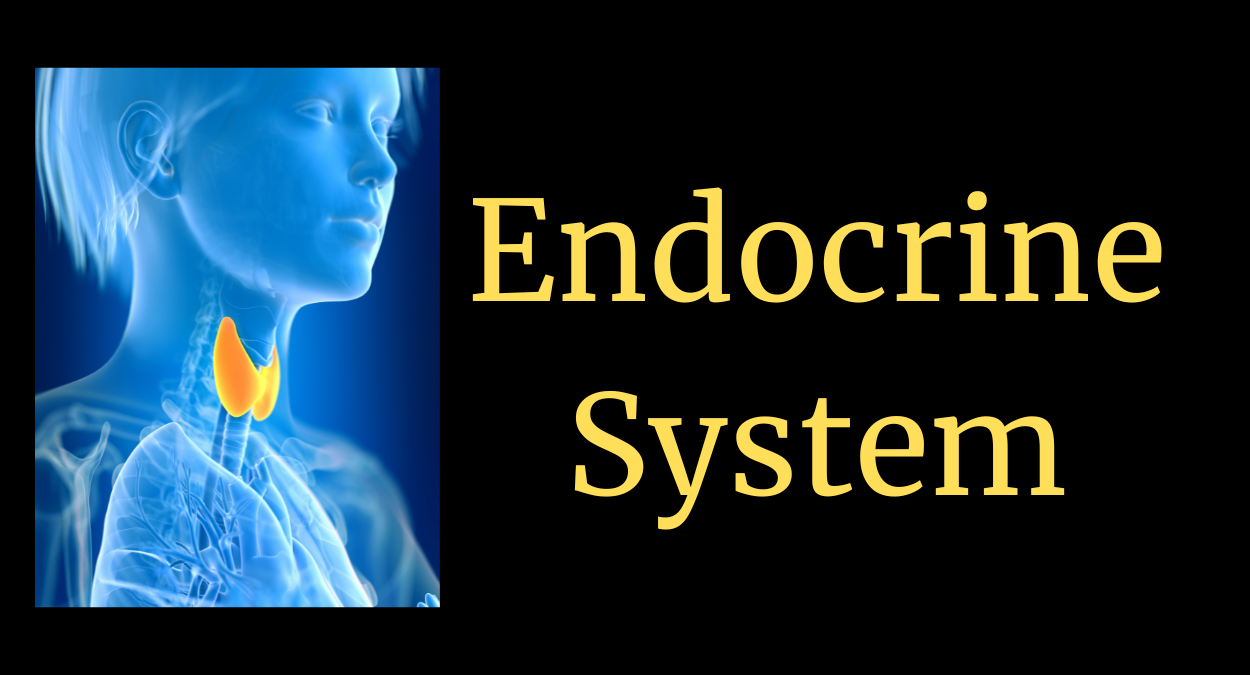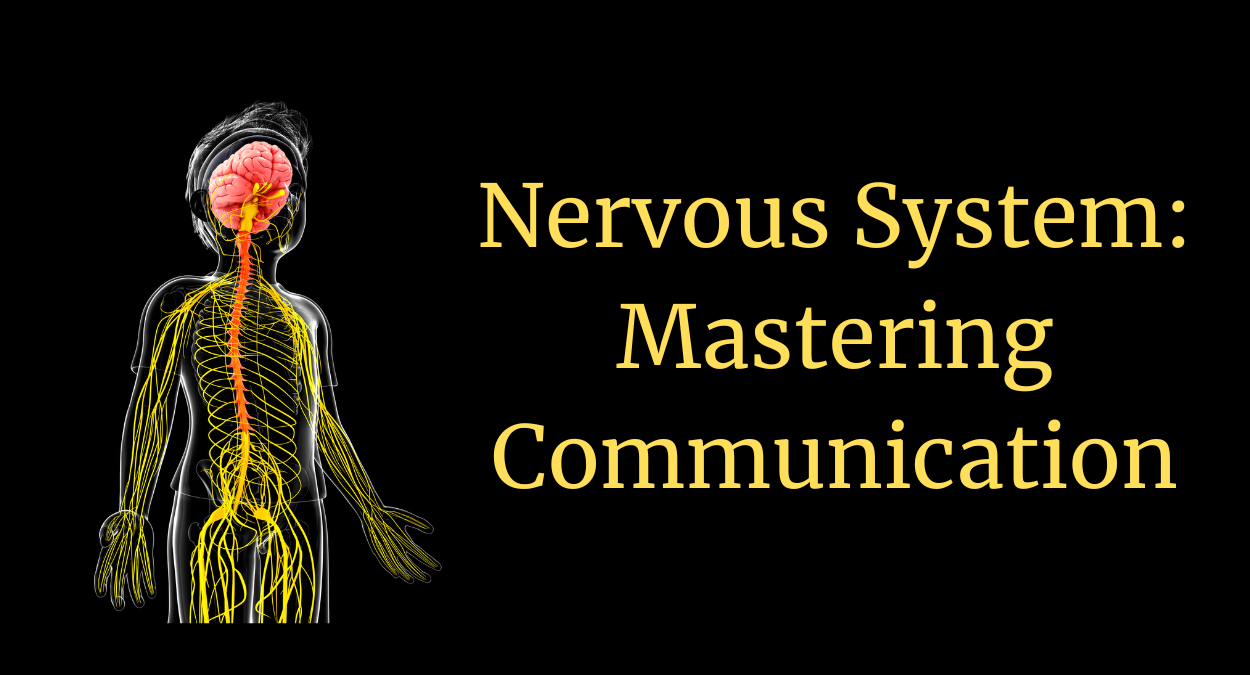Endocrine System: Hormonal Harmony
The endocrine system, a sophisticated regulatory network, operates silently but effectively, coordinating various bodily functions through the secretion of hormones. This intricate system, comprised of glands and tissues, plays a crucial role in maintaining hormonal harmony and ensuring the smooth functioning of the human body.
Overview of the Endocrine System
The endocrine system acts as the body’s chemical messenger system, communicating through hormones—substances that travel through the bloodstream to target organs and tissues. Unlike the nervous system, which uses electrical impulses for rapid communication, the endocrine system orchestrates a slower, but sustained, regulation of bodily functions.

Glands and Their Role in Hormone Secretion
Several glands and tissues constitute the endocrine system, each with specific functions and hormonesecreting capabilities:
1. Hypothalamus
Location: Part of the brain.
Function: Releases hormones that stimulate or inhibit the secretion of hormones from the pituitary gland.
2. Pituitary Gland
Location: Also in the brain.
Function: Often referred to as the “master gland,” it secretes various hormones that regulate other endocrine glands and influence growth, metabolism, and reproduction.
3. Thyroid Gland
Location: Found in the neck.
Function: Produces hormones that regulate metabolism, energy production, and body temperature.
4. Parathyroid Glands
Location: Four small glands located near the thyroid.
Function: Regulate calcium levels in the blood, influencing bone health and nerve function.
5. Adrenal Glands
Location: Situated on top of each kidney.
Function: Release hormones such as cortisol and adrenaline, playing a role in stress response, metabolism, and blood pressure regulation.
6. Pancreas
Location: Located behind the stomach.
Function: Produces insulin and glucagon, regulating blood sugar levels and metabolism.
7. Ovaries (in females) and Testes (in males)
Location: Ovaries in the pelvis, testes in the scrotum.
Function: Produce sex hormones (estrogen and progesterone in females, testosterone in males) and play a role in reproductive functions and secondary sexual characteristics.

Regulation of Bodily Functions
The endocrine system’s main function is to regulate various physiological processes, maintaining balance and harmony within the body. The hormones released by the endocrine glands play crucial roles in:
1. Metabolism
Regulation: Thyroid hormones influence metabolism and energy production.
2. Growth and Development
Regulation: Growth hormone from the pituitary gland influences growth in children and plays a role in maintaining tissues and organs in adults.
3. Reproduction
Regulation: Sex hormones (estrogen, progesterone, and testosterone) regulate reproductive functions, including menstruation, pregnancy, and fertility.
4. Stress Response
Regulation: Adrenal hormones (cortisol and adrenaline) respond to stress by influencing the body’s fightorflight response.
5. Blood Sugar Levels
Regulation: Insulin and glucagon from the pancreas help regulate blood sugar levels, crucial for energy balance.
6. Calcium Homeostasis
Regulation: Parathyroid hormone regulates calcium levels in the blood, impacting bone health and nerve function.
Harmonizing the Symphony of Life
Picture the endocrine system as a symphony conductor, orchestrating a complex but harmonious interplay of hormones to ensure the body functions seamlessly. The precise regulation of bodily functions by the endocrine system is vital for maintaining overall health and homeostasis.
Understanding the importance of hormonal harmony underscores the significance of a healthy endocrine system. Lifestyle factors, nutrition, and environmental influences can impact endocrine function, highlighting the need for maintaining a balanced and mindful approach to overall wellbeing. As we delve into the wonders of human physiology, the endocrine system stands as a silent but powerful maestro, guiding the intricate symphony of life.
FAQs about the Endocrine System:
1. Q: What is the Endocrine System, and what distinguishes it from the Nervous System?
A: The Endocrine System is a complex network of glands that produce and release hormones, chemical messengers that regulate various bodily functions. Unlike the Nervous System, it communicates through the bloodstream.
2. Q: What are the major glands in the Endocrine System, and what hormones do they produce?
A: Key glands include the pituitary, thyroid, adrenal, pancreas, and reproductive glands. They produce hormones such as insulin, cortisol, estrogen, and testosterone.
3. Q: How do hormones from the Endocrine System regulate bodily functions?
A: Hormones travel through the bloodstream to target cells, where they bind to specific receptors and initiate responses. This regulation impacts metabolism, growth, reproduction, and more.
4. Q: What is the role of the pituitary gland in the Endocrine System?
A: The pituitary gland, often called the “master gland,” controls other endocrine glands and produces hormones that influence growth, development, and the function of other glands.
5. Q: How does the thyroid gland contribute to hormonal balance, and what is the significance of thyroid hormones?
A: The thyroid gland produces hormones (T3 and T4) that regulate metabolism, energy production, and overall cellular function.
6. Q: What is the adrenal gland’s role in the Endocrine System, and how does it respond to stress?
A: The adrenal glands produce hormones like cortisol and adrenaline, which regulate stress responses, blood pressure, and metabolism.
7. Q: How does the pancreas function in the Endocrine System, and what is the importance of insulin and glucagon?
A: The pancreas releases insulin to lower blood sugar levels and glucagon to raise them, crucial for maintaining stable blood glucose levels.
8. Q: What hormones are produced by the reproductive glands (testes and ovaries), and how do they influence sexual development and reproduction?
A: Testes produce testosterone, while ovaries produce estrogen and progesterone, influencing sexual characteristics, menstrual cycles, and reproduction.
9. Q: Can hormonal imbalances occur in the Endocrine System, and what are common symptoms?
A: Yes, imbalances can lead to conditions like diabetes, thyroid disorders, and hormonal disruptions, causing symptoms such as fatigue, weight changes, and mood swings.
10. Q: How can one support the health of the Endocrine System through lifestyle choices?
A: Maintaining a balanced diet, regular exercise, stress management, and sufficient sleep contribute to overall hormonal health.
Understanding the Endocrine System’s “hormonal harmony” is essential for comprehending how these chemical messengers regulate bodily functions and maintain homeostasis.





